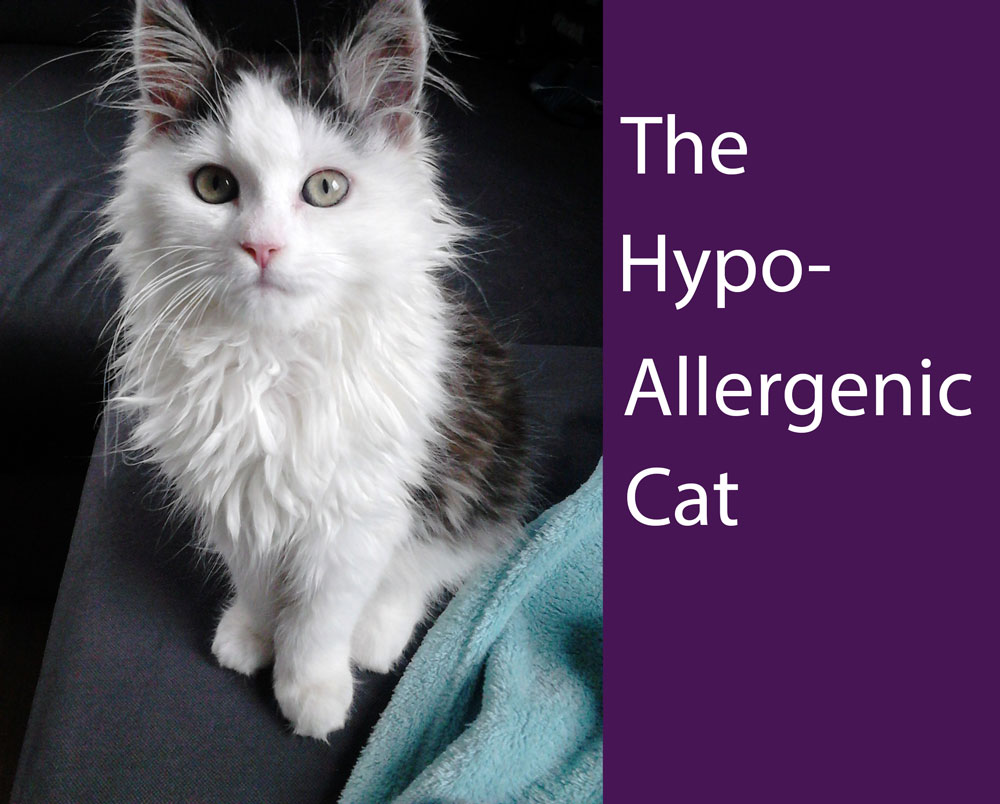
Are Siberian Cats Hypoallergenic? What You Need To Know
Are Siberian Cats Hypoallergenic? What You Need To Know: Many people believe that Siberian cats are hypoallergenic or at least have a decreased tendency to cause allergic reactions compared to other breeds of cats. Having said that, it is critical to be aware that there is no breed of cat that is completely hypoallergenic. People who are allergic to cats typically have a reaction to a protein known as Fel D1, which may be discovered in the saliva, urine, and skin glands of cats. This protein has the potential to incite allergic reactions by dispersing through dead skin cells and saliva particles that have dried up and become airborne.
The following is important information regarding Siberian cats and allergy sufferers:
A Lower Potential to Cause Allergic Reactions: Some people who are allergic to cats have reported that they experience fewer allergy symptoms when they are near Siberian cats compared to other breeds of cats. It is possible that lesser quantities of the Fel d1 protein might be found in their saliva and skin oils, which leads to a decreased allergenicity.
Individual Differences: Allergies are very individual conditions, and different individuals might have quite varied responses to the same animal. It is possible that something that triggers an allergic reaction in one individual will have no effect on another. Because of this, it is extremely important to become used to the company of a Siberian cat before to bringing one into your house so that you can gauge how your body will respond to having one there.
Grooming on a regular basis: Siberian cats have long, thick hair, which might trap allergies if it is not well maintained. Bathing and brushing the cat on a regular basis can help lessen the amount of allergens that are present in their fur and the surrounding environment. Some people who own Siberian cats find that giving their pets a wash once a month helps them better control their allergies.
Clean Environment: Keeping a clean house, which includes frequent cleaning and dusting, using high-efficiency particulate air (HEPA) filters, and washing the cat’s bedding, will help limit the amount of allergens that are exposed to a person.
Handling of Allergies: If you suffer from allergies yet are thinking about obtaining a Siberian cat, you should seek the counsel of an allergist first. To assist in the management of your symptoms, they may suggest immunotherapy, often known as allergy injections, or allergy drugs.
Kittens vs. Adults: Some people discover that they have lower allergy symptoms when exposed to Siberian kittens compared to adult cats. This is the case when comparing allergic reactions to Siberian kittens and adult cats. This might be related to the fact that up until they reach maturity, kittens produce a far lower level of allergens than adult cats do.
In conclusion, despite the fact that Siberian cats are frequently promoted as having a decreased allergenic potential, there is no assurance that hypersensitive people won’t experience an allergic reaction to them. If you have allergies, it is essential that you spend time with a Siberian Cats Hypoallergenic, take precautions to decrease allergy exposure in your home, and speak with an allergist before you introduce one into your household. Because an allergic reaction to cats might manifest differently in different people, there is no definitive answer to the question of whether or not Siberian cats are hypoallergenic.
